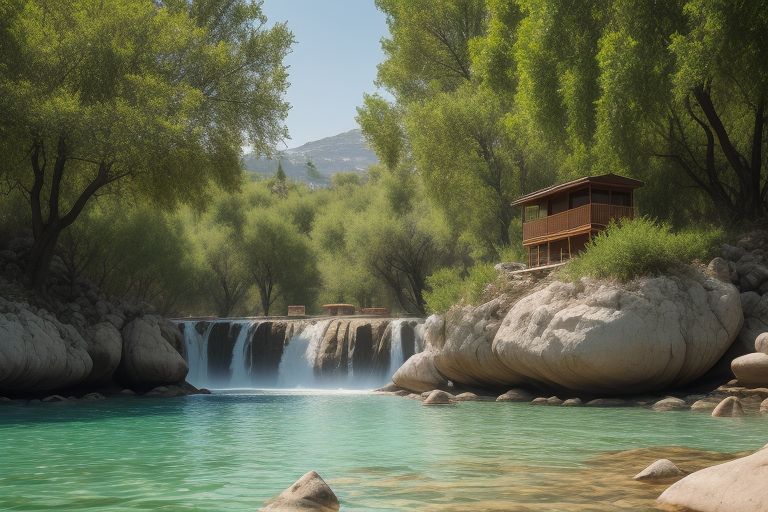India is a land of cultural diversity, ancient heritage, and breathtaking landscapes. To explore this vibrant country, travelers often apply for an Indian eVisa, a convenient online visa option. This article delves into the Types of Indian eVisa and provides tips on how to prevent your Indian Visa Rejected application.
Exploring the Types of Indian eVisa
The Indian eVisa is categorized into different types to cater to diverse travel purposes. Here’s an overview of the key types:
1. Tourist eVisa
The Tourist eVisa is perfect for those visiting India for leisure, sightseeing, or short-term yoga programs.
- Validity: Available in 30-day, 1-year, and 5-year options.
- Stay Duration: Varies depending on the visa type, from 30 days to 180 days per visit.
2. Business eVisa
Intended for business professionals attending meetings, conferences, or exploring trade opportunities in India.
- Validity: 1 year.
- Stay Duration: Up to 180 days per visit.
3. Medical eVisa
Designed for individuals seeking medical treatment in India.
- Validity: 60 days.
- Stay Duration: Up to 60 days, with the possibility of three entries.
4. Medical Attendant eVisa
Available for family members or attendants accompanying patients on a Medical eVisa.
- Validity: Same as the Medical eVisa.
5. Conference eVisa
Issued to participants of conferences organized by government-recognized bodies.
- Validity: 30 days.
- Stay Duration: Up to 30 days.
Each visa type has its own eligibility criteria and document requirements. Applicants must ensure they apply for the correct category to avoid complications.
Common Reasons for Indian Visa Rejection
Getting your Indian Visa Rejected can be frustrating. Understanding the common reasons behind rejections can help you prepare better:
1. Incomplete or Incorrect Information
- Providing inconsistent details on the application form can lead to rejection.
- Examples include mismatched passport information or errors in personal details.
2. Insufficient Supporting Documents
- Failing to upload all required documents, such as a scanned copy of your passport and photograph, may cause your application to be denied.
3. Invalid Passport
- Passports must have at least six months of validity from the date of entry into India.
- Ensure that your passport has at least two blank pages for immigration stamps.
4. Previous Visa Violations
- Overstaying on a prior Indian visa or violating visa terms can affect future applications.
5. Application for the Wrong Visa Type
- Applying for an incorrect visa type that does not align with your purpose of visit can lead to rejection.
How to Avoid Indian Visa Rejection
To ensure a smooth application process, follow these practical tips:
1. Double-Check Your Application
- Review your application thoroughly for accuracy before submission.
- Ensure all information matches the details in your passport.
2. Upload High-Quality Documents
- Submit clear and properly formatted copies of your passport, photograph, and any additional documents required.
- Follow the specific guidelines provided on the eVisa application portal.
3. Apply for the Correct Visa Type
- Understand the Types of Indian eVisa and select the appropriate category that aligns with your travel purpose.
4. Adhere to Deadlines
- Submit your application well in advance to allow for processing time.
- Avoid last-minute errors by preparing your application early.
5. Provide Complete Travel Details
- Include a clear itinerary, return tickets, and proof of accommodation in your application.
Benefits of the Indian eVisa System
The Indian eVisa system simplifies the visa process for travelers.
- Convenience: Applications can be completed entirely online without visiting an embassy.
- Faster Processing: Most eVisas are processed within 72 hours.
- Flexibility: Multiple entry options and various validity durations are available.
Why India is a Must-Visit Destination
1. Rich Cultural Heritage
India’s historical landmarks like the Taj Mahal, Jaipur’s forts, and Kerala’s backwaters attract millions of tourists each year.
2. Diverse Landscapes
From the Himalayas to the beaches of Goa, India offers something for every traveler.
3. Culinary Delights
India’s cuisine is as diverse as its culture, offering a variety of flavors from region to region.
4. Spiritual Journeys
Explore India’s spiritual side through its temples, ashrams, and yoga retreats.
Conclusion
Understanding the Types of Indian eVisa and taking steps to prevent your Indian Visa Rejected application ensures a hassle-free journey to this captivating destination. With proper preparation, you can unlock the wonders of India and create unforgettable memories.

